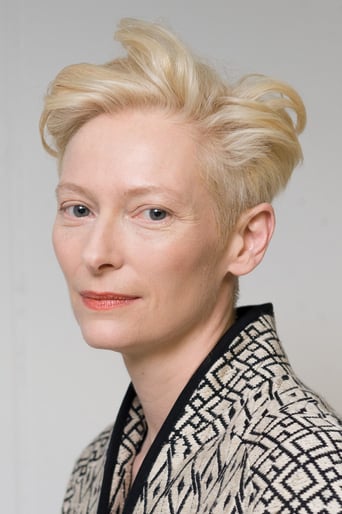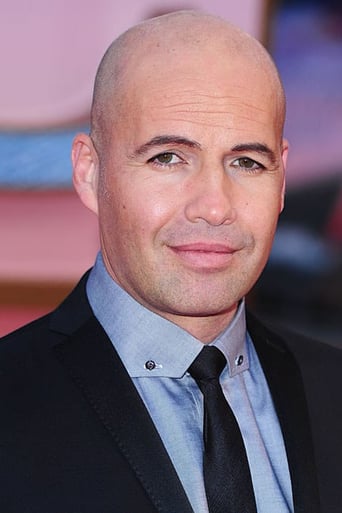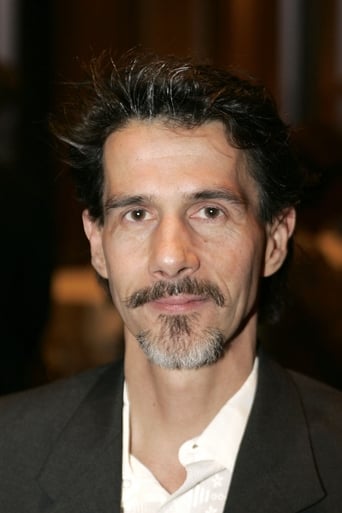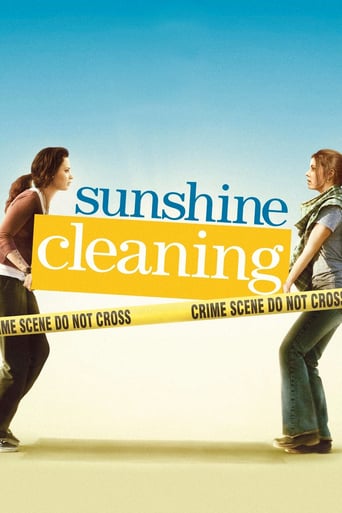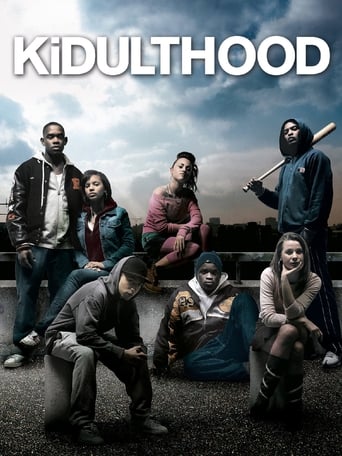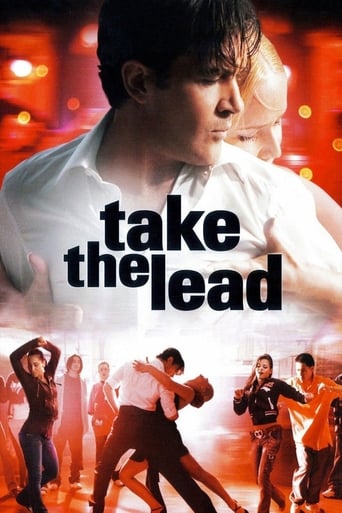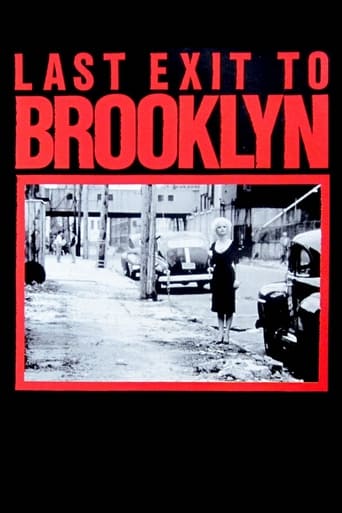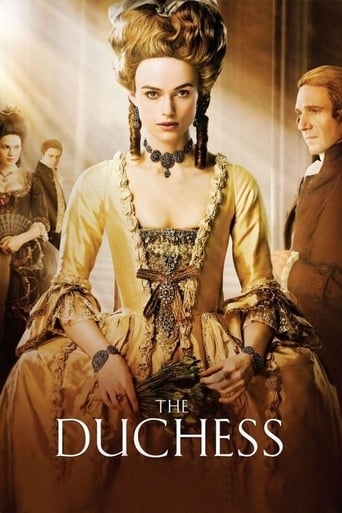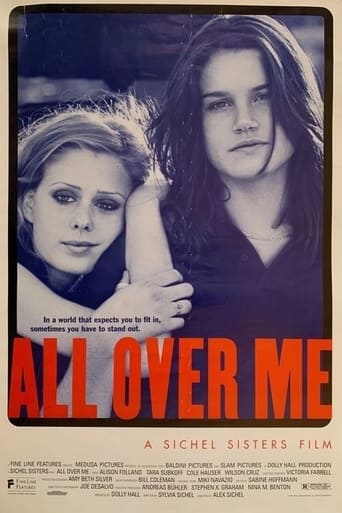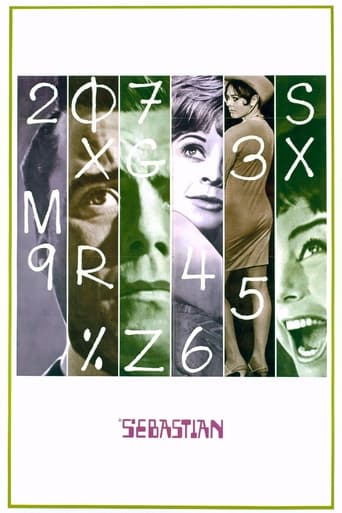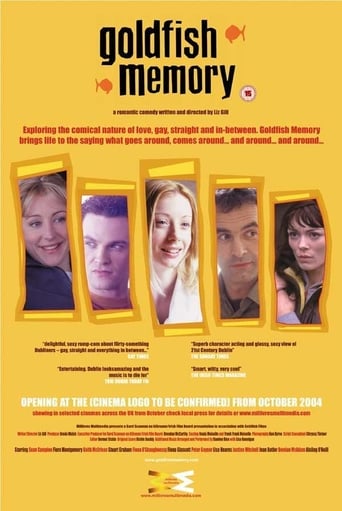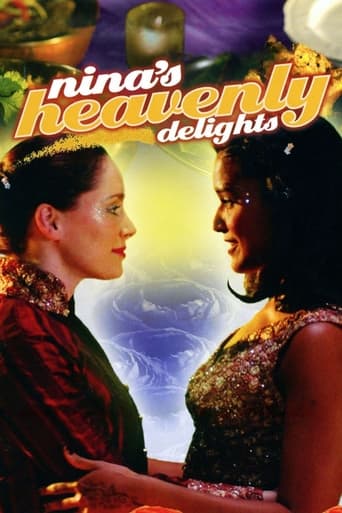
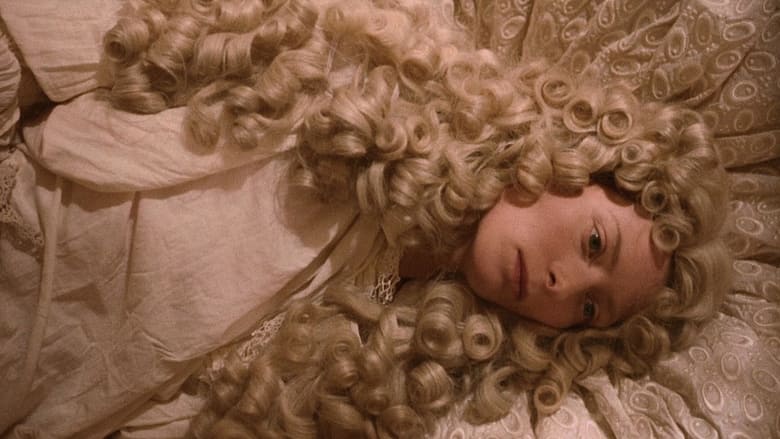
Orlando (1993)
England, 1600. Queen Elizabeth I promises Orlando, a young nobleman obsessed with poetry, that she will grant him land and fortune if he agrees to satisfy a very particular request.
Watch Trailer
Cast


Similar titles
Reviews
One of the best films I have ever seen! I followed a rather obscure reference to an indie film I'd never heard of, and found this fantastic movie. It captures the spirit and the magical realism of Virginia Woolf's novel. Every scene brings up the same question: is this ironic satire, or absurdist black comedy, or a tweaking of conventions, or just plain bizarre? And always the answer turns out to be the same: _all_ of the above ...and all at the same time too.Describing briefly what it's about by saying it's about a person who lives 400 years, half as a man and half as a woman, mostly misses the mark. Saying it's about the history of England, from both the vantage point of an inside participant and the vantage point of an outside observer, gets a little closer. I didn't find any discernible "narrative arc", but it doesn't feel like a collection of disconnected scenes either. It's one of the few more-or-less mainstream films where the label "postmodernist" seems accurate and even helpful.If you wait for the "meaning scene" (or even for a cogent explanation of much of anything) you'll just keep waiting. It's subtler than that. A constant subtext of ambiguous gender and sexuality runs through it, so much so that the role of the first Queen Elizabeth is acted by a famous drag queen, and the film is bracketed by the falsetto singing of a former member of the Bronski Beat, at the beginning as the queen's herald and at the end as a rather fake-looking angel.The photography, sets, music, and costumes are all out of this world. It's so detailed that Tilda Swinton wears a different color of contact lenses in each period. It would be an aesthetic experience even if you didn't understand a word of English. Nothing is exactly similar, but the first films that came to my mind are "Barry Lyndon", "Zelig", "A Single Man", "The Tree of Life", and the recent "Much Ado About Nothing".A couple decades old and never widely released, it's been remastered and is easier to find than ever in 2013.
Tilda Swinton, like always, is mesmerizing here, simply captivating. I did see the film just for her, and she doesn't disappoint (but really, when has she). The film itself also has a very moody tone, and it's pretty great in its first act. Although I don't think it's a drastic step down in the last two acts, it does finally settle on just being very good. But really, Swinton owns this. In fact, Swinton has the knack to be able to convey so much with her one still expression, one that can make us feel and understand what her characters are feeling. She's amazing here, and she's one of the best actresses alive. Let's just be grateful we have her.
If a man had directed Orlando, would Orlando have been cast as a man instead of a woman? If a man had directed Orlando, would the Bronski Beat singer ended the film? Hollywood hates women. It's a man's world. Even now, Kathryn Bigelow is probably one of the few female directors. If a man had directed Orlando, shot for shot, the director of the Orlando we know today would have been hailed the next Stanley Kubrick. Rather, for twenty years, this masterpiece has lingered, without adequate recognition. Hopefully someday it will get the recognition it deserves. Unfortunately, like Derek Jarman, you will have to hunt out the film. I guess that is the curse of any great piece of art.
This movie is about an hour and a half of staring at Tilda Swinton as she stares back at you. Saying that Orlando turned into a woman because he couldn't handle killing another human being is retarded. Women kill people too. They have been doing it as long as men have.I love the book, love it, and I am usually quite open to loose adaptation, but this is one case where the director was in love with showing the different time periods and had skewed ideas about gender.I understand that the book is odd, that it isn't the most cinematic, but maybe that's why the director/writer should have let this project alone. Having Tilda Swinton stare at the camera every five minutes did not add to any themes or ideas, nor did it enhance the plot. It was just creepy and slow moving.Also, what was with the weird singing angel at the end? I mean, what could that have possibly meant? P.S. I wanted a Fly Loo scene.


